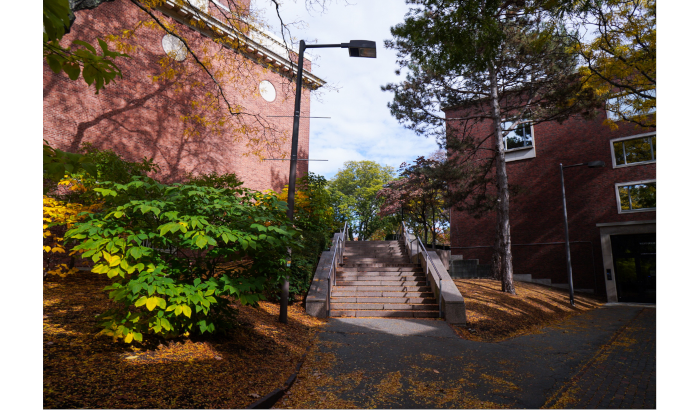Examining Abortion Buffer Zones and Freedom of Speech
I have lost count of the number of times that I have witnessed stalking, harassment, and public shame on Commonwealth Ave. Despite the bitter Boston winters, protesters will persistently gather each day directly in front of Planned Parenthood. I have helplessly watched, as a six-foot-something man follows patients down the street after they have left the clinic. He intimidates, shames, and berates them. On the other side of the block, three old women swarm every car that pulls up to the entrance of the clinic. As a clinic escort, it’s my job to interfere in a subtle manner that protects the patient and does not agitate the protesters. I have learned that these protestors have few boundaries. They will run to cars, get within inches of a patient’s face waving around pamphlets, then exclaim their disgust when the patient enters the clinic. I’m proud to stand in front of the clinic and help facilitate access to health care for the patients that come to Planned Parenthood, but my role only exists because people’s rights are being violated. I always wondered why there was no law in place that protected women seeking reproductive care. Turns out, there is one. It’s called the “Buffer Zone”, and it was overturned in 2014.
The buffer zone was part of the Massachusetts Reproductive Health Care Facilities Act that prohibits protesters from being within 35-feet of a reproductive health care facility. This law was established in 2007 and struck down in 2014 because of the McCullen v. Coakley case. The court ruled that the law was unconstitutional and infringed on the protestors’ freedom of speech.
They suggested that protestors have a right to be on the same sidewalk as a clinic if they did not physically block a woman from getting to the clinic. The court took the principle of obstruction of access to care very literally in this case.
While this ruling has resulted in an increase in challenges and burdens on people seeking care at reproductive health facilities, it also exposes inconsistencies within the court’s rulings.
Several other states have experienced similar court cases regarding buffer zones. One such case was Hill v. Colorado, which occurred in 2000. In this case the buffer zone was upheld by the court based on “the right to be let alone”. Subsequent cases concerning the buffer zone have occurred across multiple states and almost all these cases used Hill as the precedent and upheld buffer zones. These inconsistencies expose the lack of validity that surrounds the reasoning behind the McCullen decision. Massachusetts should re-implement a buffer zone.
The extra psychological burden placed on women by protesters is significant. A study conducted in 2013 found that women who were stopped by protesters when entering an abortion clinic were twice as likely to be upset by protesters compared to women who just saw protesters when entering the clinic. The act of protesters approaching women has a clear negative impact on their well-being compared to when protesters are at a reasonable distance. Implementing a buffer zone would preserve patient’s well-being and maintain freedom of speech for the protestors.
The US lags behind, compared to other countries, when it comes to ensuring safe reproductive care for patients. Many parts of the UK, Australia, and Canada have implemented laws similar to buffer zones. These laws are effective and serve to protect the safety and well-being of all people who enter abortion clinics. The lack of effort the US puts into women’s health is abundantly clear in comparison to these other countries. The US is constantly ignoring the needs of women and it is drastically impacting their health. Re-implementing the buffer zone in Massachusetts is an easy step to help women access reproductive care in a safe and respectful manner. At this point, women are asking for the bare minimum; it’s time to show the legislatures that stripped away women’s access to safe reproductive care that we are still fighting for women’s rights in 2024.
Alanna McGill is a graduate student at the George Washington University pursuing physician assistant and masters of public health degrees.




